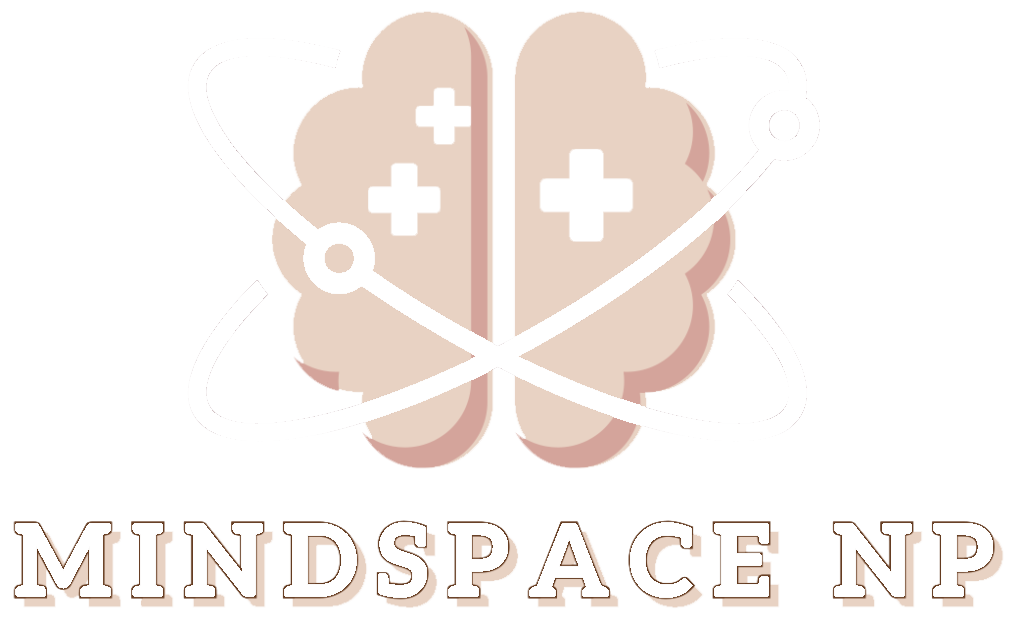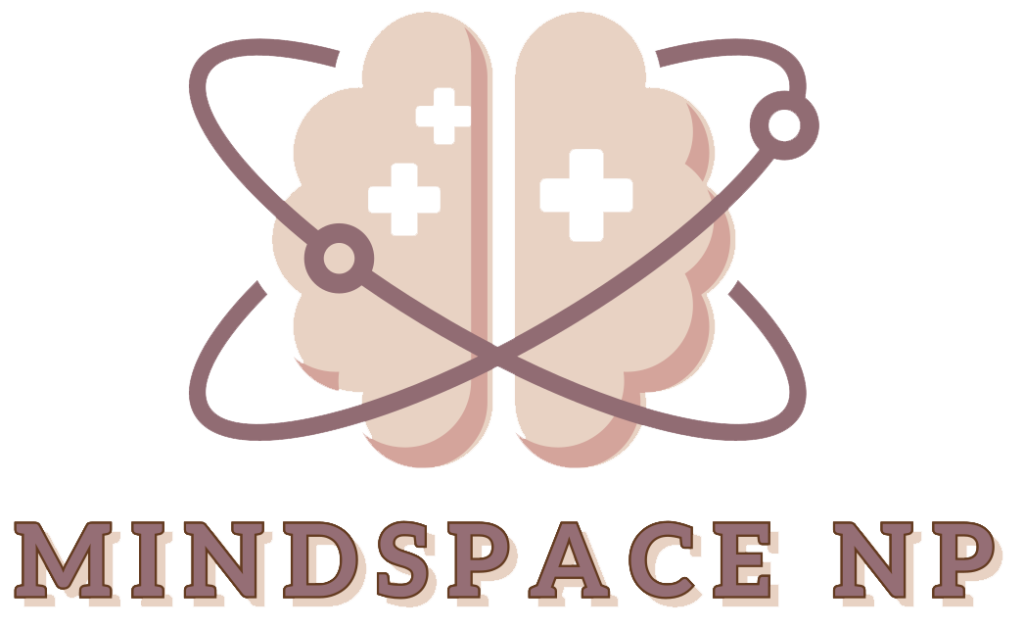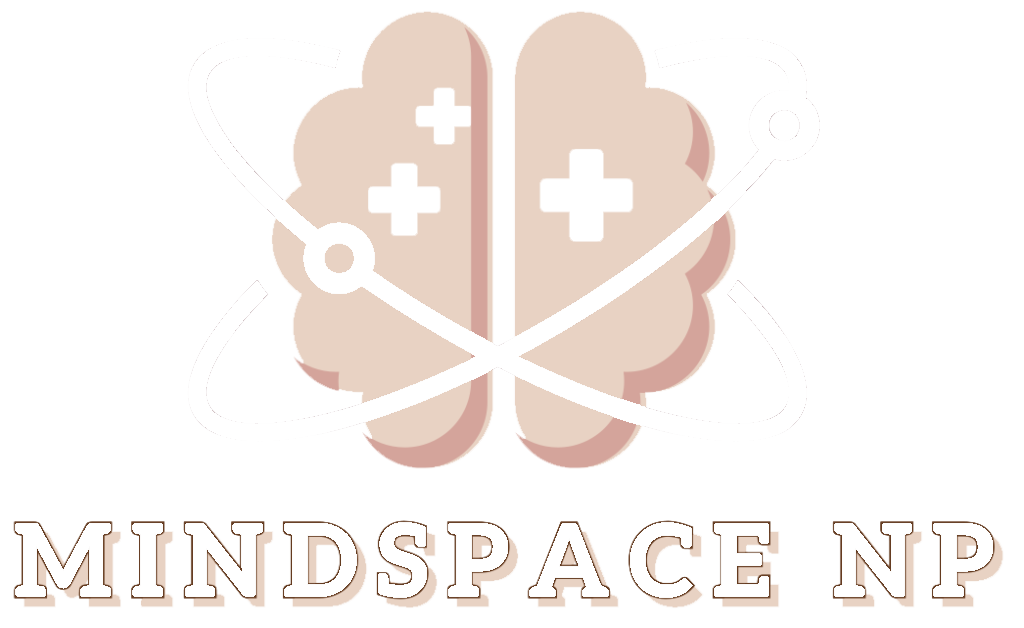Anxiety is a natural response to stress, but for some people, it can become overwhelming and debilitating. Understanding anxiety and learning effective coping strategies is essential for managing its impact on daily life. In this blog post, we’ll explore the common symptoms of anxiety and provide practical coping strategies to help you navigate through challenging times.
Common Symptoms of Anxiety:
- Excessive Worry: One of the hallmark symptoms of anxiety is excessive worrying about various aspects of life, such as work, relationships, health, or finances. This worry may be difficult to control and may interfere with daily functioning.
- Physical Symptoms: Anxiety often manifests physically, leading to symptoms such as rapid heartbeat, sweating, trembling, muscle tension, and gastrointestinal issues. These physical symptoms can be distressing and may exacerbate feelings of anxiety.
- Restlessness or Irritability: Many people with anxiety experience restlessness or irritability, feeling on edge or easily agitated without a clear cause. This can make it challenging to relax or concentrate on tasks.
- Sleep Disturbances: Anxiety can disrupt sleep patterns, leading to difficulty falling asleep, staying asleep, or experiencing restful sleep. Sleep disturbances can further exacerbate feelings of fatigue and irritability.
- Difficulty Concentrating: People with anxiety may have difficulty concentrating or focusing on tasks, as their minds may be preoccupied with worrying thoughts or feelings of apprehension.
- Avoidance Behaviors: To cope with anxiety, some individuals may engage in avoidance behaviors, such as avoiding social situations, work tasks, or other activities that trigger feelings of anxiety. While avoidance may provide temporary relief, it can perpetuate anxiety in the long run.
Coping Strategies for Anxiety:
- Deep Breathing Exercises: Practice deep breathing exercises to help calm your nervous system and reduce feelings of anxiety. Take slow, deep breaths, focusing on the rise and fall of your chest or abdomen.
- Progressive Muscle Relaxation: Progressive muscle relaxation involves tensing and relaxing different muscle groups in your body to reduce tension and promote relaxation. Start at your feet and work your way up to your head, tensing each muscle group for a few seconds before releasing.
- Mindfulness Meditation: Mindfulness meditation involves bringing your attention to the present moment without judgment. Practice mindfulness meditation regularly to cultivate awareness and reduce rumination on anxious thoughts.
- Regular Exercise: Engage in regular physical exercise to reduce feelings of anxiety and improve your overall well-being. Exercise releases endorphins, which are natural mood lifters, and helps to reduce stress and tension in the body.
- Healthy Lifestyle Habits: Maintain a healthy lifestyle by prioritizing adequate sleep, nutritious meals, and regular relaxation activities. Avoid excessive caffeine and alcohol, which can exacerbate feelings of anxiety.
- Seek Professional Help: If anxiety symptoms persist or significantly impact your daily life, consider seeking support from a mental health professional. Therapy, medication, or a combination of both may be recommended to help you manage anxiety effectively.
By understanding the common symptoms of anxiety and implementing coping strategies, you can take proactive steps to manage anxiety and improve your overall quality of life. Remember that everyone’s experience with anxiety is unique, so it’s essential to find coping strategies that work best for you. With time, patience, and support, it is possible to overcome anxiety and cultivate greater peace and resilience in your life.


